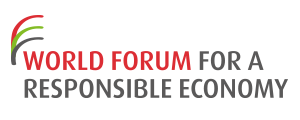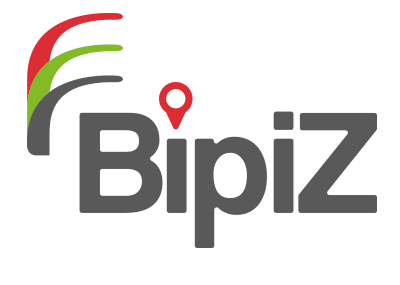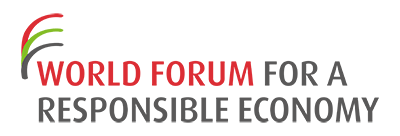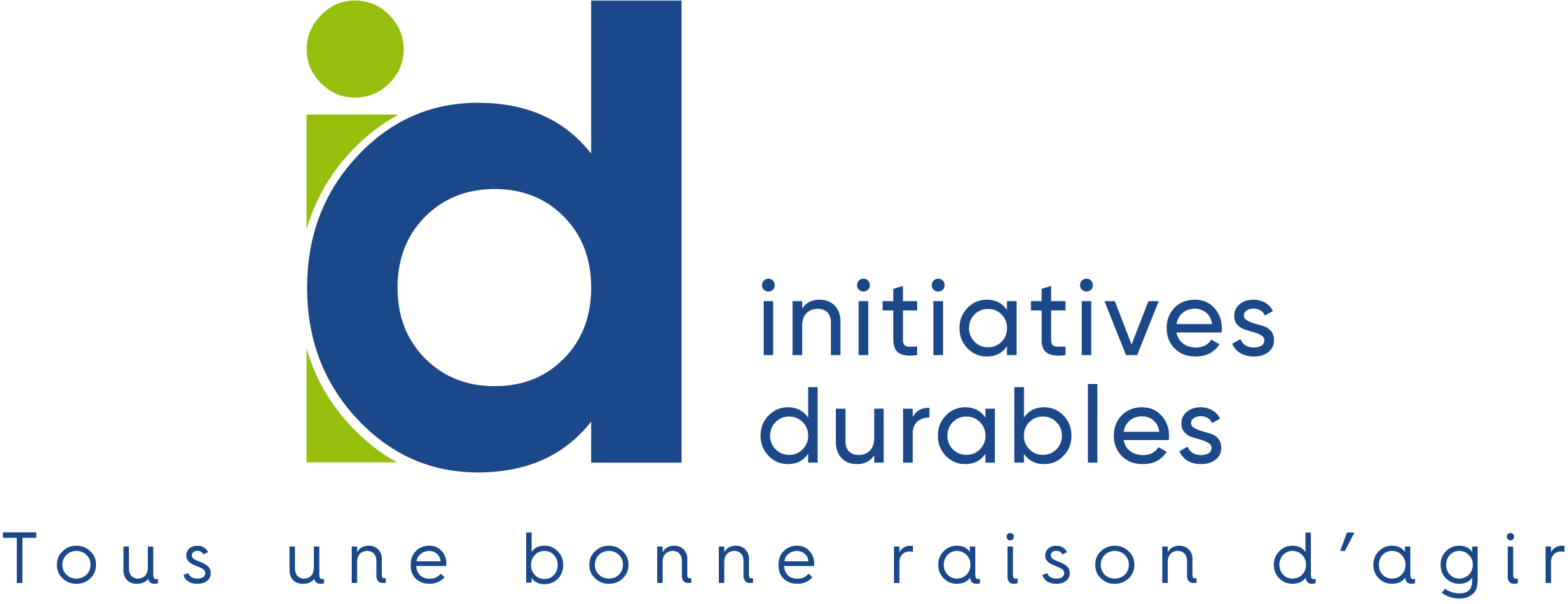Zabbaan is a consulting, producing and commercial company in agribusiness which was created in 2016 in Mali. It sells nutritional fruit juices and it is aiming to promote the products grown in Mali, e.g. fruits and vegetables nutrient-rich but left behind in general alimentation habits. Zabbaan was born out of the passion for agriculture of its founder Aïssata Diakité. She is from Mali and grew up in a family of farmers and breeders. Consequently, she naturally had the wish of becoming an expert in agribusiness and an entrepreneur. She is directly involved in the creation of the recipes of Zabbaan’s fruit juices. She believes in the benefits that her country’s products can provide and wants to promote the local farmers. Her ambition is to export their products in Western Africa and even in Europe.
Transparency alongside ZABBAAN’s Value Chain
5. Fair Operating Practices
Responsible purchasing



Context
Objectives
- Advise and assist the « Made in Africa » in the agribusiness by helping other companies which promote the same values to enhance their brand image in order to export their products.
- Highlight the benefits of the African fruits and vegetables which are rarely used or processed.
- Put value on the local farmers by including them in the value chain of Zabbaan
- Conduct a fair trade and focus on the transparency of the value chain to be in line with sustainable development.
APPROACH
In order to increase transparency alongside Zabbaan’s value chain, the following process with its individual steps is being proposed:
Firstly, in order for new farmers to become part of the fruit supply for Zabbaan’s products, they have to fulfill certain requirements e.g. meet code of conduct, the fruits have to be produced locally and sustainably. The detailed standards as well as information about the farmers (their name, location and fruits they deliver) will be then published on the company’s website. The same procedure will be applied on all the other partners of Zabbaan, such as cooperatives and transporters.
Secondly, in order to assure that the set of requirements is fulfilled by the involved partners on an everyday basis, regular audits will be conducted. These audits will be conducted by an external third party. This will guarantee objectivity and avoid bias. In case the partners do not meet the standards, they will be given a certain period of time to improve. Consequently, as a third step, a re-audit will take place to monitor the improvement. In case no change has taken place, the farmer or transporter will be no longer be part of the company. Fourth, despite the results of the audit being positive or negative, they will be shown on the company’s website. Fifth, the positive consequences of sustainable farming by Zabbaan e.g. number of jobs created, amount of waste reduced by usage of recyclable bottles instead of disposable ones, will be published.
As a result, the whole value chain of the company will become more transparent, not only for the consumers, but also for all other stakeholders.
Watch the intervention of Aïssata Diakité for Young Entrepreneurs of Africa in #WFRE17 and read other documents HERECONTRIBUTION TO COMPANY PERFORMANCE
- Can create competitive advantage for Zabbaan (differentiates them from companies such as innocent smoothies)
- Makes values chain more efficient (safes money)
- Motivation of employees comes with trust and transparency all along the value chain
- Better motivation gives better results (fast growth already observed – objective of becoming a multinational company by 2050).
- Better partnerships due to a win/win strategy cooperation
- People are more willing to join a company which is more transparent and whose production is local
Benefits
- Workforce
- 67
- Country
- Mali
Contact
This email address is being protected from spambots. You need JavaScript enabled to view it.
















